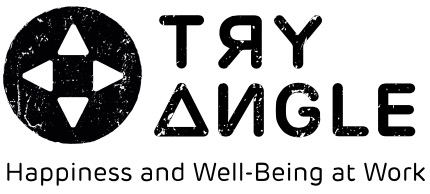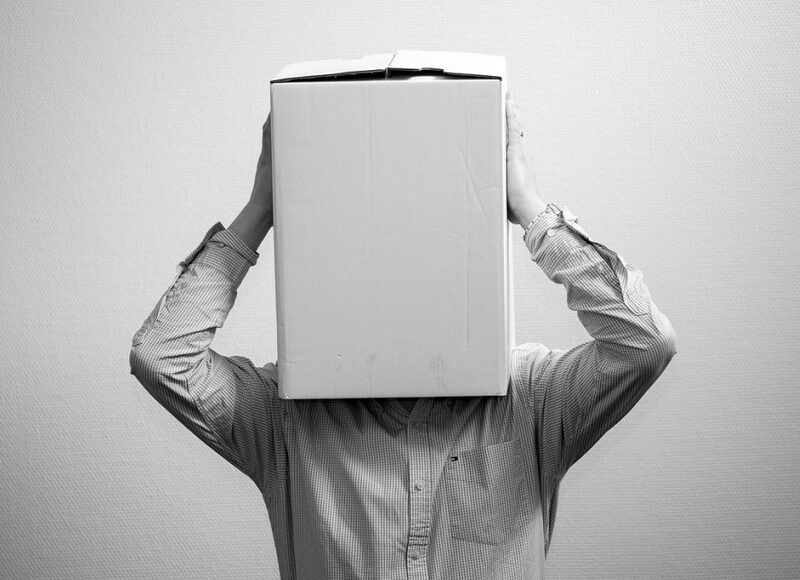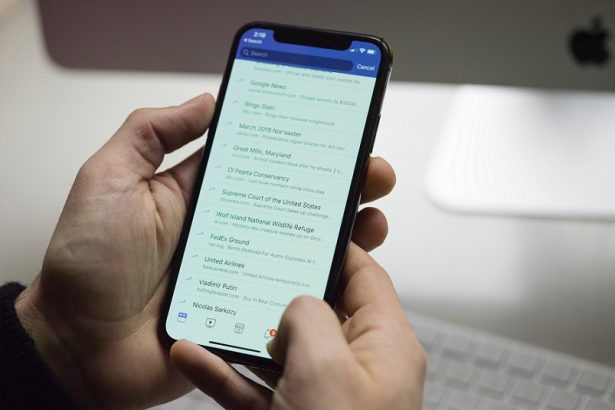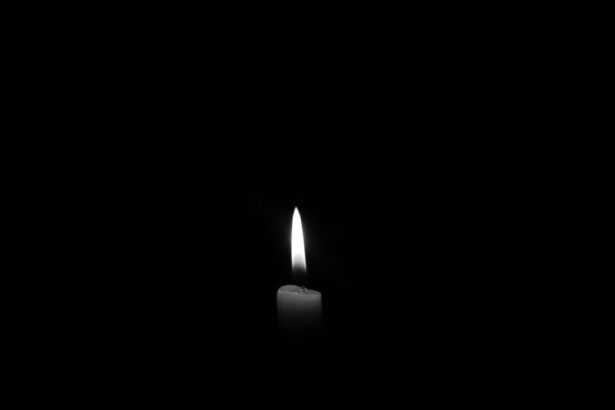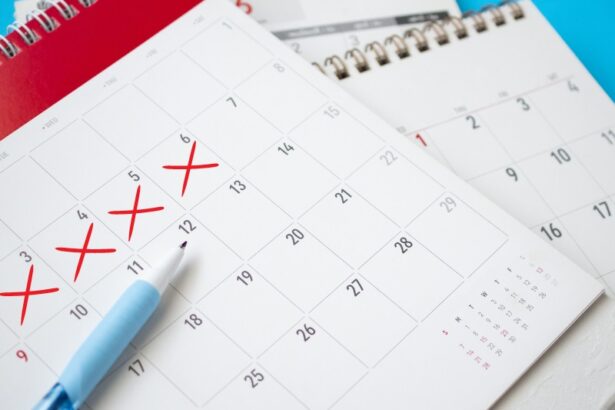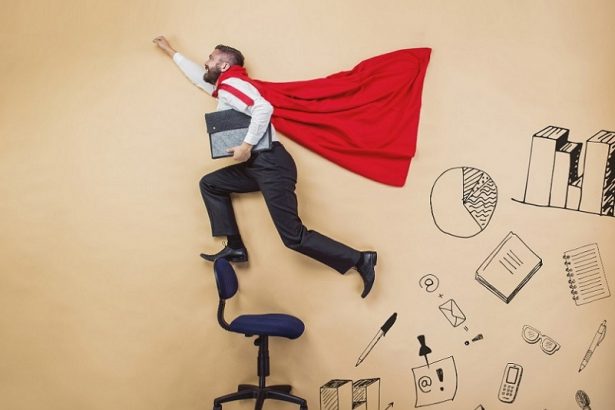In June 2021, an interesting article by Lucy McBride, a physician in Washington, appeared in The Atlantic with the telling title “By now, burnout is a given”. In it, she describes how the pandemic has further depleted our emotional reserves and exposed our physical, social and emotional vulnerabilities.
Work related
Burnout is most commonly used to describe work-related phenomena: exhaustion, feelings of negativity and reduced professional efficiency. In 2019, WHO, the World Health Organization, officially recognized burnout in its International Classification of Diseases, but clearly stated that the term “should not be applied to describe experiences in other [non-occupational] areas of life”. Burnout “is not classified as a medical condition,” the agency stated, using boldface for emphasis.
Also the Mayo Clinic refers to burnout as “a special kind of work-related stress – a state of physical or emotional exhaustion that also involves a sense of impaired performance and loss of personal identity,” and specifies that it is “not a medical diagnosis“.
Medical condition?
Doctor McBride disagrees. The symptoms of burnout have become medical. The efforts we all made to survive a pandemic have made us ill. As a family physician, she is witnessing the physical health effects of collective trauma: high blood pressure, headaches, hernias. And this is even before many people had returned to the office or resumed their pre-pandemic work schedule.
According to Dr. McBride, just being human carries occupational risks. She calls for burnout to be redefined as the mental and physical consequences of accumulated stress in any area of life, be it work, parenthood, caregiving or dealing with a chronic illness. We are scoring quite some points in Belgium on that front.
The pressures of a performance-based society
The Superior Health Council in Belgium defines burnout as a work-related risk, but emphasizes the pressures from our performance-oriented society. Tryangle stress and burnout coaches can only applaud this point of view. Also in our training and coaching sessions, we rarely see people crack when there is too much pressure in one domain. Often it becomes difficult when in different areas more is asked of a person than his or her capacity can handle.
And in terms of load versus load carrying capacity, COVID-19 has just brought us all up to a certain boiling point. Every aspect of life required extra efforts from us during the pandemic: eating and sleeping, shopping, getting the necessary medical care, learning, interacting with others. All at once, our performance-oriented society asked us to overperform and step out of our comfort zones in a lot of different areas, resulting in high stress and tension.
Anxiety and depression
Dr. McBride sees all this happening in the US as well, where as many as four out of ten adults have reported symptoms of anxiety and depression, a fourfold increase over the pre-pandemic rate. More than one in four mothers say the pandemic has had a major impact on their mental health. Twenty-four percent of parents reported that they have been diagnosed with a mental illness since the beginning of the pandemic. Primary care visits for anxiety and depression increased by 13% among children. People who are now returning to the office or resuming their hectic schedules are facing a whole new set of stresses.
Like Dr. McBride, Tryangle advocates a positive approach to this reality. In doing so, it is crucial to recognize that anxiety, (mental) distress and stress are quite normal in today’s circumstances.
Lifting the taboo
Not feeling well, having mental problems and the importance of self-care are still too often shrouded in taboo. It is time to remove the shame and stigma from these topics so that space can be created for a soft and more helpful culture instead of the macho culture that inhibits many recovery processes to date.
It is also time to take our own lives into our own hands again. For months and months, the coronavirus and the regulations and safety measures determined what we could and could not do. We seemed to have become a pawn in political decisions and we have been at the mercy of restrictions and obligations driven by the concern for our physical health system, even if these measures had a detrimental effect on our mental health.
Today we can – and must! – dare to switch to an “internal locus of control” again. In other words, it is time to take charge of our own lives again.
Mildness and vigilance
It is crucial to approach this with a gentle touch: Having realistic expectations for ourselves, setting boundaries and asking for support are some of the ways to find peace in the chaos. We must recognize the toll of constant vigilance and hold ourselves accountable for what we feed our eyes and brains.
In doing so, we must dare to realize that we, as a society, take responsibility for creating a culture of burnout. Its effects have seeped into every aspect of our lives. It is threatening our health and well-being. We have reached a critical point in time, where we must intervene and to do so at every level of our lives, both private and professional.
Practical advice
Dr. McBride’s advice for regaining a sense of control for those who feel overwhelmed and have too much on their plates? Start by spending less time online and deleting non-essential events from the calendar. These changes, plus a dose of self-compassion, should open the door to reducing feelings of burnout. At the end of the day, it’s all about taking back control of our own lives. And to use the reassuring words of d McBride “You’re not crazy. You’re human.“
